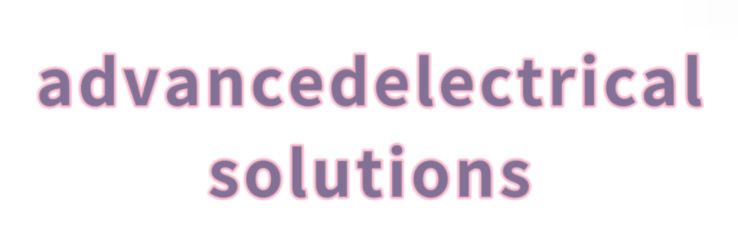Grid Inverter vs. Off-Grid: Which One Fits Your Needs?
Choosing the right solar power system can greatly impact your energy independence and savings. In this article, we will explore the advantages of grid inverters and off-grid systems to help you find the best fit for your needs.
Contact us to discuss your requirements of on grid inverter. Our experienced sales team can help you identify the options that best suit your needs.
Understanding Grid Inverters
Grid inverters connect your solar panel system to the electrical grid. They allow you to use solar energy while remaining connected to the utility provider. This setup can be a fantastic option for many homeowners.
Benefits of Grid Inverters
Cost-Effectiveness: One of the primary advantages of grid inverters is their reduced installation and maintenance costs. You can save money on battery systems, making solar energy more accessible.
Net Metering: With grid inverters, you can often benefit from net metering. This means you can sell excess energy back to the grid, further maximizing your savings.
Reliable Power Supply: When your solar panels produce more energy than you need, grid inverters ensure that the surplus is sent back to the grid. During periods of low sunlight, you can draw power from the grid, ensuring you never run out of energy.
Ideal Scenarios for Grid Inverters
Grid inverters are best for urban areas with reliable utility services. They suit those looking to reduce their electricity bills without making a large initial investment in battery technology. If you live in a region with ample sunlight and an established grid, a grid inverter may be the perfect choice.
Exploring Off-Grid Systems
Off-grid systems operate independently of the electrical grid. They typically use battery storage to provide energy during periods of low solar generation. This self-sufficiency appeals to many homeowners and businesses.
Benefits of Off-Grid Systems
Energy Independence: Off-grid systems allow you to be completely independent from utility companies. You produce, store, and use your own energy without any external reliance.
Ideal for Remote Locations: If you live in an area without access to the grid, an off-grid system is often your only option. These systems can provide power in remote locations where conventional utility lines are unavailable.
Customizable Solutions: Off-grid systems offer flexibility. You can scale your system according to your specific energy needs. Whether you require a small cabin setup or a full home solution, off-grid systems can adapt.
When to Consider Off-Grid Systems
Off-grid technology can be advantageous for those living in rural areas, where grid connection is limited or absent. This option also appeals to environmentally conscious individuals seeking complete control over their power sources.
Making the Right Choice
When deciding between a grid inverter and an off-grid system, consider your specific circumstances and goals. Analyze these key factors:
- Location: Consider whether you have reliable utility access. If not, off-grid may be your only choice.
- Budget: Grid inverters require less investment upfront compared to off-grid systems, but off-grid may save you more in the long run.
- Energy Needs: If you consume a lot of energy and seek flexibility, an off-grid system can be tailored to your lifestyle. Conversely, grid inverters work well for moderate users.
Conclusion
In summary, both grid inverters and off-grid systems offer unique advantages. Your decision should be based on personal circumstances, energy needs, and long-term goals. Each option brings its own benefits, whether in cost savings, energy independence, or flexibility.
With a grid inverter, you can enjoy savings while connecting with the utility grid. Off-grid systems provide autonomy and are perfect for remote living. Embrace the opportunity to assess your options, and choose the system that empowers your energy future!
Are you interested in learning more about Power conversion hybrid storage inverter factory? Contact us today to secure an expert consultation!


Comments